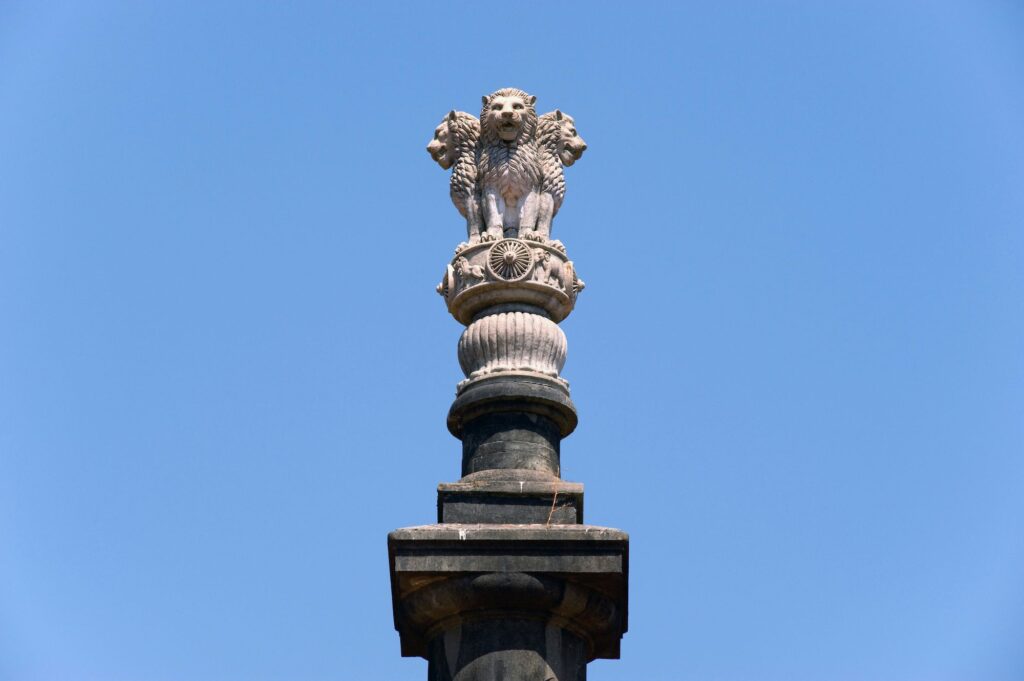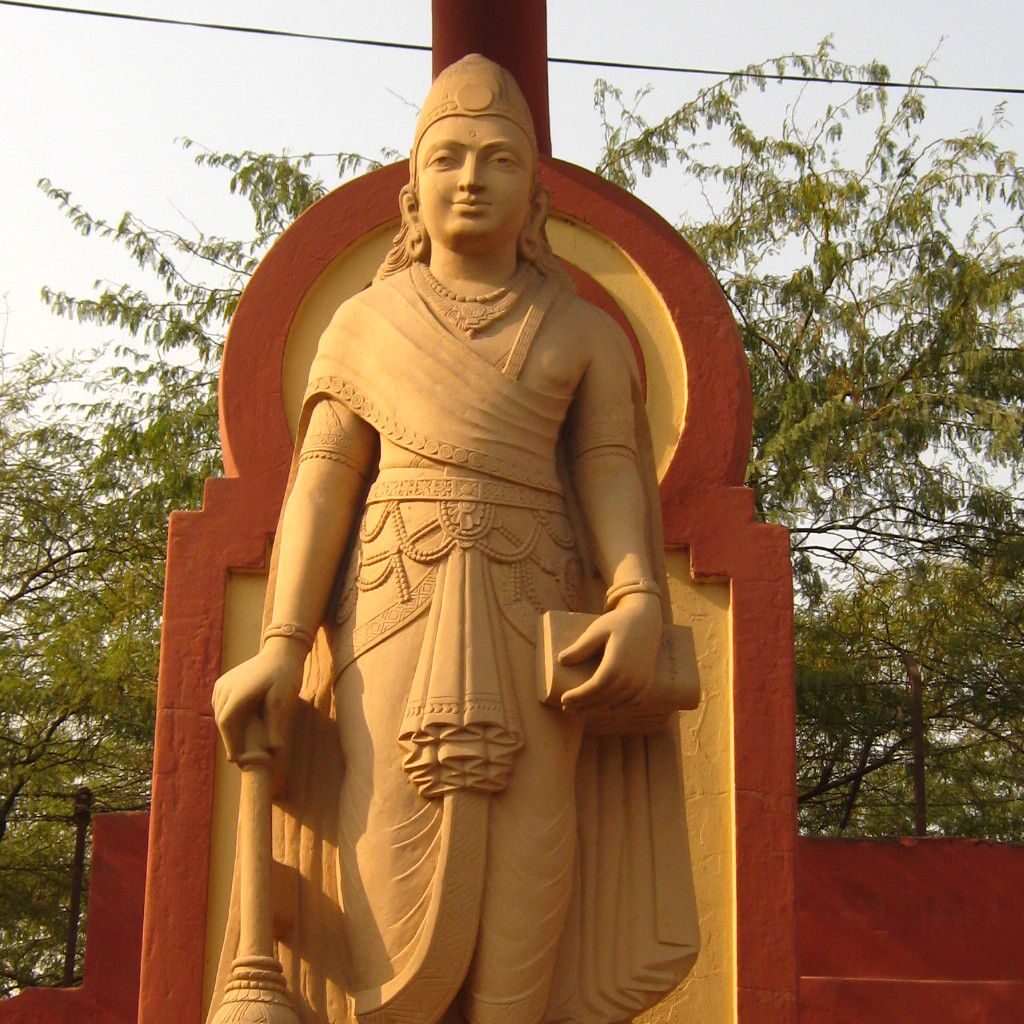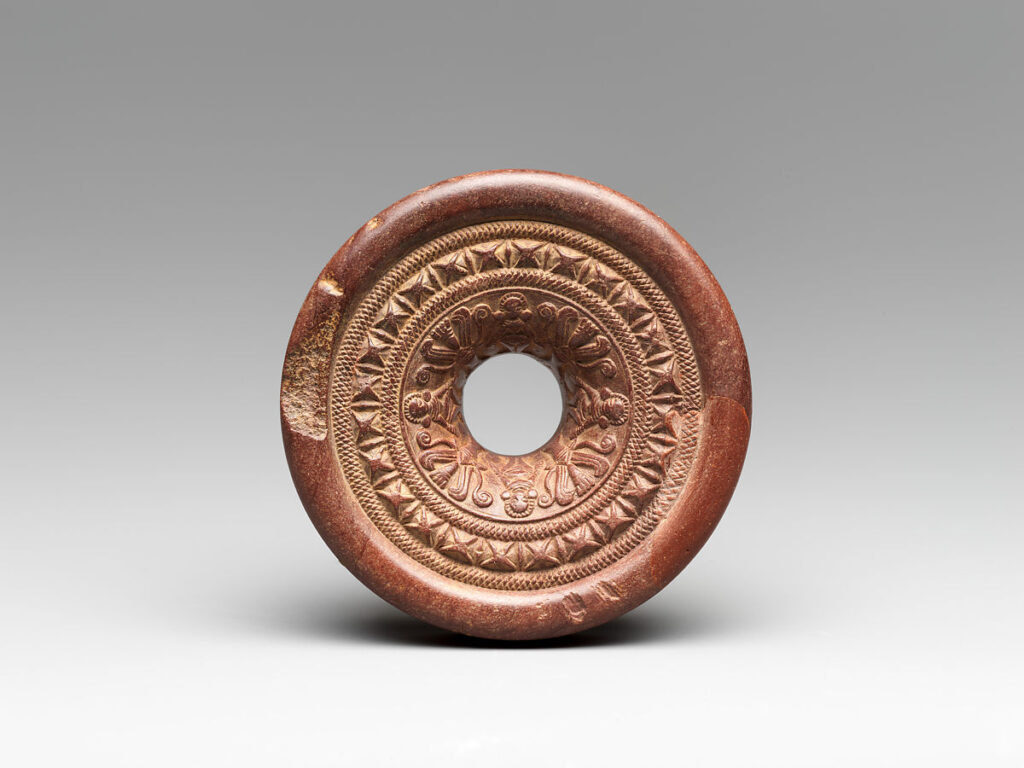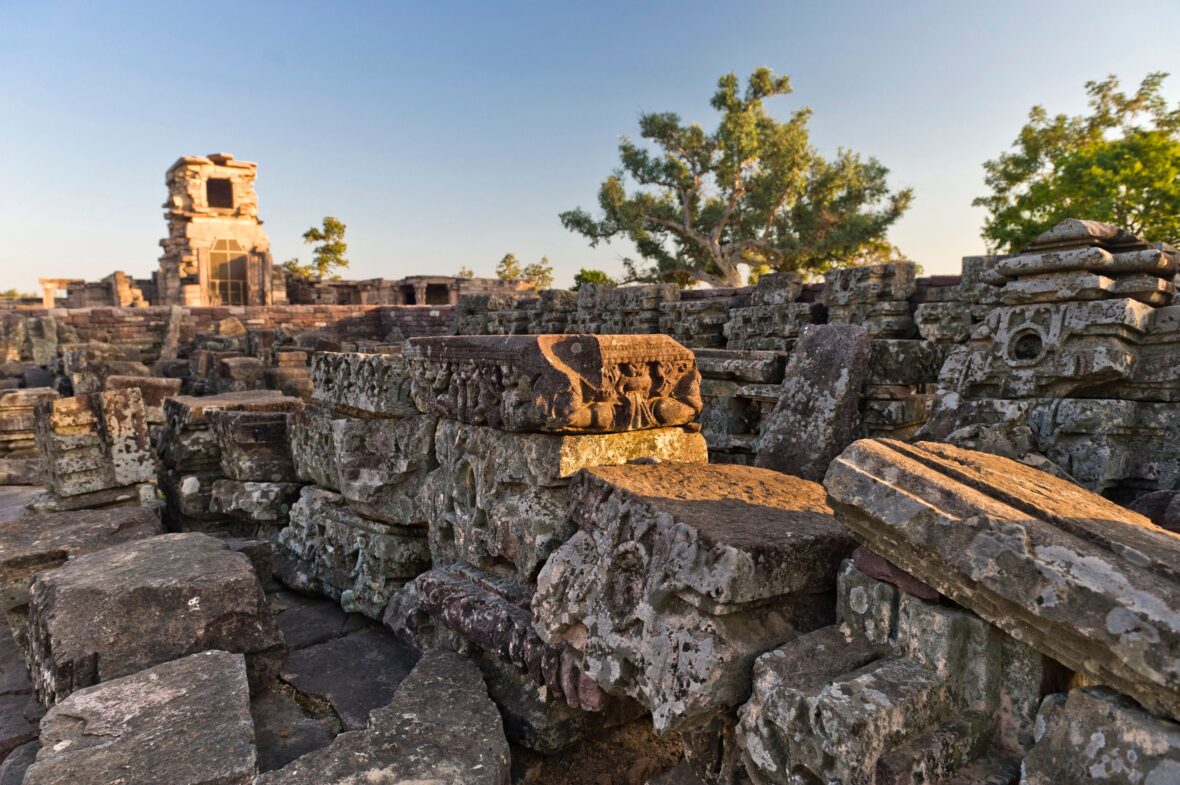This article on spy system facts of Mauryan Empire will shed light on the total spy system that was launched by Acharya Chanakya for effective administration of the massive empire ever built in Indian sub-continent during the ancient times. It goes without saying that the Acharya Chanakya, who was known for his intelligence, clearly understood the need for such a robust network of spies. He knew that in absence of informants, the whole kingdom will come down at its knees and hence, it is mandatory for the king to have eyes and ears everywhere. Take a look below for 20 bizarre and interesting facts about the Spy System of the Mauryan Empire.
1. The spy system as introduced by Chanakya was clearly mentioned in his pioneering work Arthashastra. Arthashastra mentioned that there are 5 different types of spies.
2. The first category of spies was the fraudulent students or disciples. These students included those students who were involved in some kind of research, teaching or intellectual activity.
3. The selected students were intelligent but were known for being brash and argumentative. The whole purpose of selecting such students was to ensure that they are capable of provoking others through arguments and in the process, understand any foul motive a person might nurture.
4. These student spies also engaged in talks with youth to understand the degree of discontent (if any) and their attitude towards the kingdom and the ruler.

5. The second category of spies in the spy system that was prevalent in Maurya Dynasty was the Udásthita spy category. Udásthitas or Ascetics were people who were highly intelligent with immense knowledge.
6. The spies in this category were divided into units with each unit having a chief. The chief was provided with resources and lands so that the chief could carry out a number of activities of day-to-day life without inviting suspicion.
7. The third category of spies in the whole spy network was known as Grihapaitika. Grihapaitikas were none other than impoverished farmers, land owners as well as land laborers.
8. The Grihapaitikas formed a whole network of informants who would simply gather information and provide the information to the security personnel of the kingdom.

9. Vaidehakas formed the 4th type or category of spies in the Mauryan Spy System. The Vaidehakas were traders and merchants who were not very successful in their endeavors.
10. The benefit of having Vaidehakas as spies was that they could easily use their travelling for information collection. Additionally, these traders and merchants also formed a nice network, making information collection an easy task.
11. Vaidehakas could easily find out the discontent among fellow businessmen and pass on the information to the Mauryan ruler.
12. The 5th and the final type of spies in the Spy System maintained by the Mauryan rulers were religious leaders and monks.

13. The state-sponsored religious leaders were tasked with building ashrams in areas outside the urban areas. The ashrams were designed with political benefits in mind and spirituality was the secondary purpose.
14. Once the ashrams were formed, the state-sponsored religious leaders would gradually attract the locals of the area and in the process reduce – to a great extent – the influence of local religious leaders of those areas.
15. These religious leaders maintained a network of informants who were tasked with the job of finding the weaknesses and strengths of the people living there. The information thus gathered would be used by these religious leaders to tell fortune using palmistry.
16. Based on the information gathered by the informants, the religious leaders would go on predicting things like accidents, calamities and mysterious deaths. These were nothing but assassinations sanctioned by state.

17. Of course, showing on the bad side was not in interest of such religious leaders and hence, they would also show good sides. For example, the religious leaders would predict good fortune for some people in form of government rewards.
18. Of course such rewards were previously decided and the person to be honored was previously chosen through consultation between religious leaders, prime minister and the emperor.
19. The selection of spies wasn’t an easy task. Selection procedure peeked into a person’s foresightedness and character.
20. Since spying was a risky job (if caught in action – it could very well mean the end of life for a spy), the spies were rewarded both in form of cash as well as comfort.




